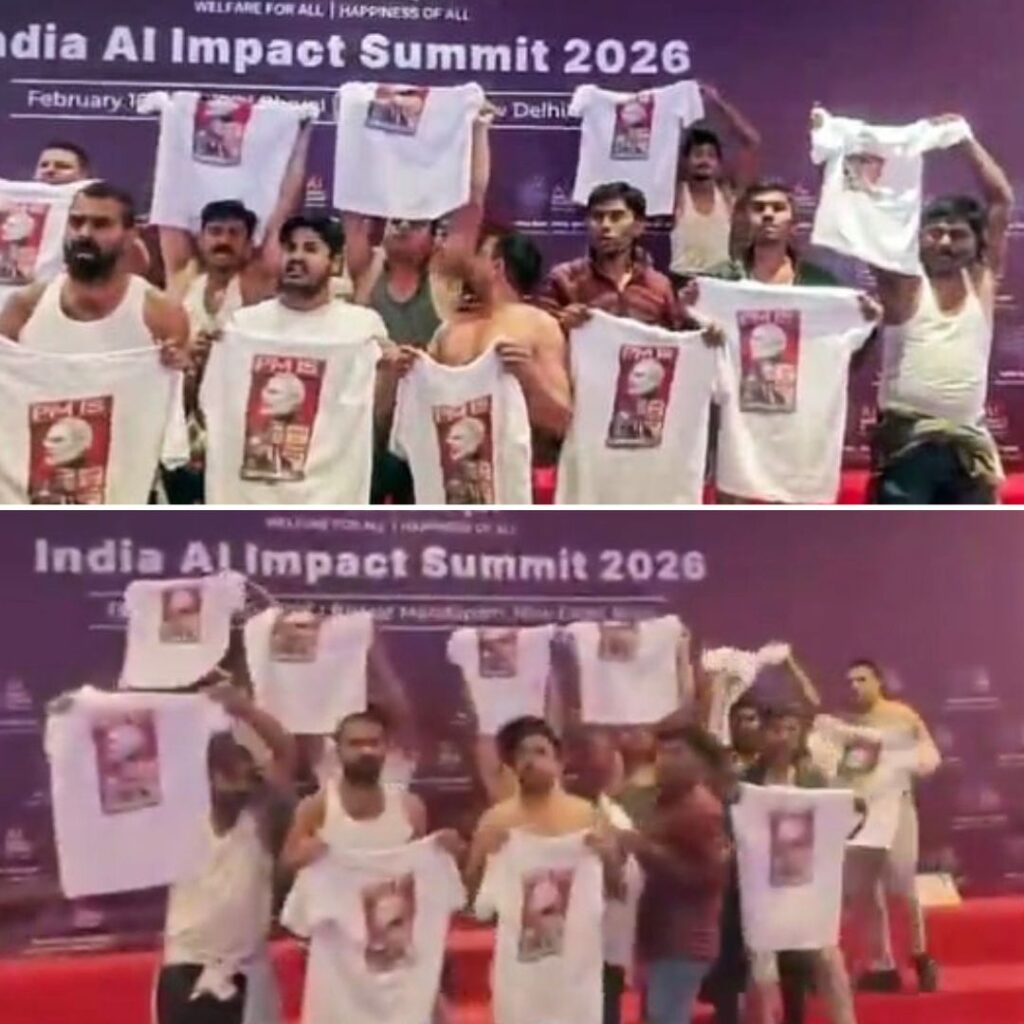In light of the upcoming general elections in April, WhatsApp has unveiled its ‘Checkpoint Tipline’ feature which will allow people to check the authenticity of information received. This is an attempt on part of the messaging giant to crack down on fake news and misinformation which has recently been spreading on social media in India.
What is the feature?
The company in a statement said, “Launched by PROTO, an India-based media skilling startup, this tip line will help create a database of rumours to study misinformation during elections for Checkpoint – a research project commissioned and technically assisted by WhatsApp,” reported Economic Times.
With the help of this feature, WhatsApp users in India starting April 2, can submit misinformation or rumours they receive to the Checkpoint Tipline on a number on WhatsApp (+91-9643-000-888). Once a user shares a message with the tipline, PROTO’s verification centre will respond to the user stating if the claim is verified or not. “The response will indicate if the information is classified as true, false, misleading, disputed or out of scope and include any other related information that is available,” the statement said.
The centre will be equipped to review pictures, video links or text content and will cover four regional languages — Hindi, Telugu, Bengali and Malayalam in addition to English. It will also look at options to work with grassroots level organisations to submit misinformation circulating across different regions in India.
Curbing fake news
The Facebook-owned app has recently come under fire after a series of mob-lynching incidents triggered by rumours circulating on WhatsApp, wreaked havoc in India. Under pressure to stop the spread of fake news, both WhatsApp and Facebook have rolled out a slew of measures to curb the menace of fake news. WhatsApp said Dig Deeper Media and Meedan – which have previously worked on misinformation-related projects globally, are helping PROTO to fight fake information in India.
PROTO founders Ritvvij Parrikh and Nasr ul Hadi said, “The goal of this project is to study the misinformation phenomenon at scale — natively in WhatsApp. As more data flows in, we will be able to identify the most susceptible or affected issues, locations, languages, regions, and more.” Reportedly, after the project, PROTO plans to submit learnings to the International Center for Journalists.
The Internet and Mobile Association of India (IAMAI) and various social media organisations, at a meeting with the Election Commission on March 19 agreed to formulate a comprehensive a “Code of Ethics” for online platforms in light of the upcoming elections.












